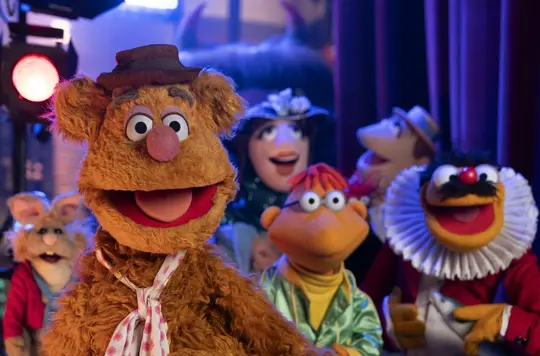30 September 2023
Veggie for a day… or longer?
Lieut-Colonel Jonathan Roberts

Lieut-Colonel Jonathan Roberts encourages us to try a meat-free diet for World Vegetarian Day (1 October).
‘What divisive thing from today could become commonly held tomorrow?’ That was a question put to historian Dominic Sandbrook on The Rest Is History podcast.
He responded: ‘To me the obvious thing is vegetarianism. I’m not a vegetarian … but I think there will be a point when people look back on us and say: “They knew the damage they were doing – the cruelty and the ecological damage – and yet they still went out and ate their chicken korma or their fillet steak or whatever it might be.” I suspect that will be the thing that people judge us for.’
You might have a beef with this prediction, but there’s no doubt that the number of people becoming vegetarian has increased over recent decades. This was boosted by 1960s counterculture, but it didn’t begin then. People started promoting a meat-free diet at least as far back as 500BC in India and Greece.
Modern vegetarianism developed in the early 19th century, when Christian groups began to advocate it. The first vegetarian society was formed in 1847 by the Bible Christians, an offshoot of the Methodist Church, and later in the century the Seventh-day Adventists and Quakers promoted vegetarianism.
That’s where the Booths come in. ‘For the greater part of the last 40 years of his life [William Booth] did not eat butcher’s meat, nor did he care for poultry,’ wrote Bramwell Booth. Bramwell and his wife, Florence, were committed vegetarians and urged Salvationists to consider a meat-free diet. For many years, the Orders and Regulations for officers and soldiers recommended vegetarianism and Bramwell promoted it strongly in his writings. He also ensured that a vegetarian option was available for cadets at the Clapton training college.
In her PhD thesis, Dr Samantha Calvert says: ‘Vegetarianism is likely to have been more widespread among the Salvationists in the late 19th and early 20th centuries than is generally claimed today.’ That emphasis faded as the 20th century wore on, but is it time for Salvationists to take another look at it?
Bramwell highlighted human health and animal welfare as two significant reasons for a meat-free diet, and these are still valid issues. Numerous studies show that a balanced vegetarian diet can be healthier, reducing the risk of heart disease, obesity and type 2 diabetes, and there are constant concerns about factory farming and cruelty in slaughterhouses.
Today, caring for creation amid the environmental crisis is another reason – perhaps the primary reason – for considering a meat-free diet. The United Nations Framework Convention on Climate Change says: ‘It is no surprise that meat and its consumption is bad for the environment. Not only does livestock generate a huge amount of methane, a potent greenhouse gas, huge amounts of forests are being chopped down to make way for grazing land each year. Forests soak up carbon from the air, so their destruction to make way for emission-intensive farming is doubly impactful… A diet rich in plant-based foods is therefore vital to ensure emissions from our food are reduced.’
People are encouraged to go meat-free for a day on World Vegetarian Day – find out more at worldvegetarianday.navs-online.org. And, as it marks the start of Vegetarian Awareness Month, people might even consider going meat-free for the whole of October!
Corps that run a café or community centre could have a meat-free menu for one day this week – and, if the menu doesn’t already, it could offer vegetarian options every day.
Dominic Sandbrook’s prediction may not come true any time soon, but World Vegetarian Day encourages us to think about moving in that direction.
Reflect and respond
- Read Bramwell Booth’s 1901 pamphlet on vegetarianism at ordergoldenage.co.uk/articles/vegetarianism.
- The Salvation Army Plant-based Network is for those who’ve chosen to become vegetarians or vegans. Email towardsveganism@gmail.com for more information.
- How do you respond to Genesis 1:29?
Written by

Lieut-Colonel Jonathan Roberts
Territorial Ecumenical Officer, THQ











